As expected, Sir Keir Starmer has been announced as the new leader of the Labour party. The former shadow Brexit secretary won on first preference votes with 56 per cent of the vote to Rebecca Long Bailey on 27 per cent and Nandy on 16 per cent. Angela Rayner has been elected as deputy leader on third preference votes. Starmer quickly emerged as the favourite in the contest after the preferred Corbyn candidate Long-Bailey failed to make an impression.
The margin by which Starmer has won means that he has a strong mandate when it comes to his leadership. Privately Starmer’s allies have suggested that the clearer his win, the more drastic the change he will try to bring about. Throughout the contest he has kept his cards relatively close to his chest – winning support both from unashamed Blairites and Corbynite Momentum members.
In his acceptance speech, Starmer spelled out the long road ahead:
‘We’ve just lost four elections in a row. We’re failing in our historic purpose. Be in no doubt I understand the scale of the task, the gravity of the position that we’re in. We’ve got a mountain to climb.
But we will climb it, and I will do my utmost to reconnect us across the country, to re-engage with our communities and voters, to establish a coalition across our towns and our cities and our regions with all creeds and communities to speak for the whole of the country.’
While Starmer’s team view his leadership as a long-term project when it comes to bringing the party back to full health (it currently has its lowest number of seats since 1935) expect a few quick changes. Firstly, Starmer will appoint his shadow cabinet this weekend, to show his party is ready to provide strong opposition. Names touted for shadow chancellor include Rachel Reeves, Anneliese Dodds and Jo Stevens – while Long Bailey’s disappointing vote share means she may be offered a fairly junior role. Secondly, expect some personnel changes. ‘Getting rid of Jennie Formby and Karie Murphy in the next fortnight is a priority,’ one Starmer supporter claims of Corbyn’s key aides who still hold senior party positions. There will also be a push to oust those behind anti-Semitic posts online.
But Starmer’s first real test as leader relates to the crisis of the day: coronavirus. So far Starmer has pulled his punches on the issue – he’s not been as combative as shadow cabinet members like Richard Burgon or even former health secretary Jeremy Hunt. Supporters of Starmer say any big gestures up until this point could have come across as opportunistic and go against the public interest. He will now become a much more visible player in the conversation over the UK government’s response to coronavirus.
However, how he chooses to hold the government to account will be revealing of the leader he plans to be. While there is internal party pressure for Starmer to be very aggressive to the government over the phrase ‘herd immunity’ and lack of mass testing, those around him say the Labour leader believes there is only a limited role the opposition can play: either the government handles the crisis well – in which case there is little they can do. Or it falls short – in which case it is going to have to own that, regardless of what any opposition leader says or does.
But Starmer won’t get to decide his entire approach alone. This morning Boris Johnson has posed a public challenge to the new Labour leader. The Prime Minister has taken to social media and invited Westminster opposition leaders to a coronavirus briefing next week. He has urged that they all ‘have a duty to work together at this moment of national emergency’. In his acceptance speech, Starmer said: ‘Under my leadership we will engage constructively with the government, not opposition for opposition’s sake. Not scoring party political points or making impossible demands. But with the courage to support where that’s the right thing to do.’ Next week he has a chance to show what that means in practice. <//>
Got something to add? Join the discussion and comment below.
Get 10 issues for just $10
Subscribe to The Spectator Australia today for the next 10 magazine issues, plus full online access, for just $10.



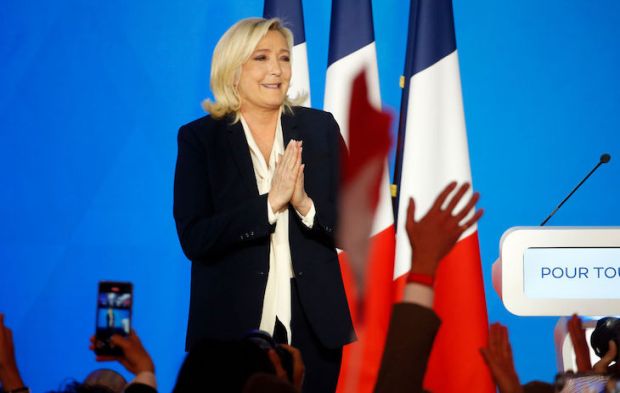
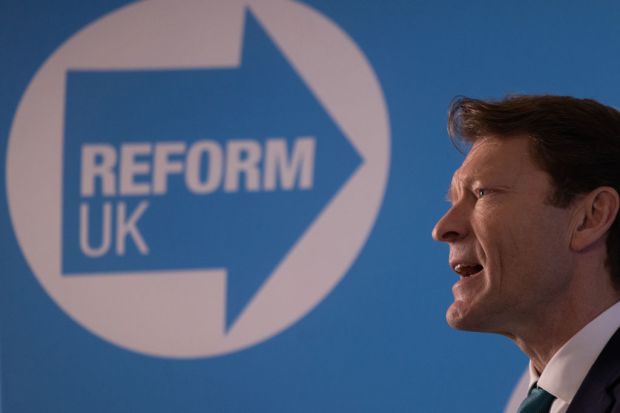
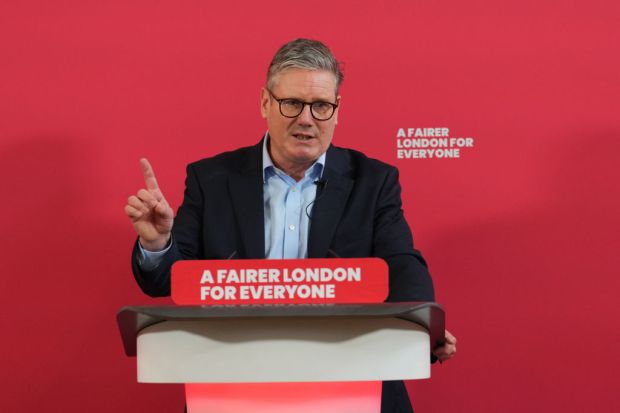

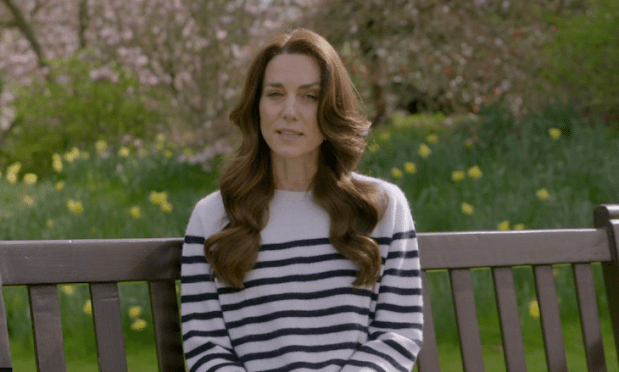
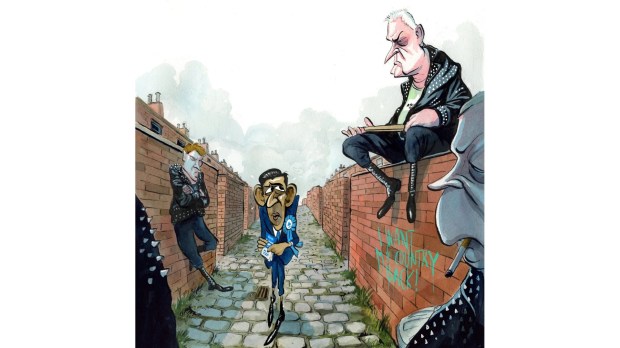












Comments
Don't miss out
Join the conversation with other Spectator Australia readers. Subscribe to leave a comment.
SUBSCRIBEAlready a subscriber? Log in